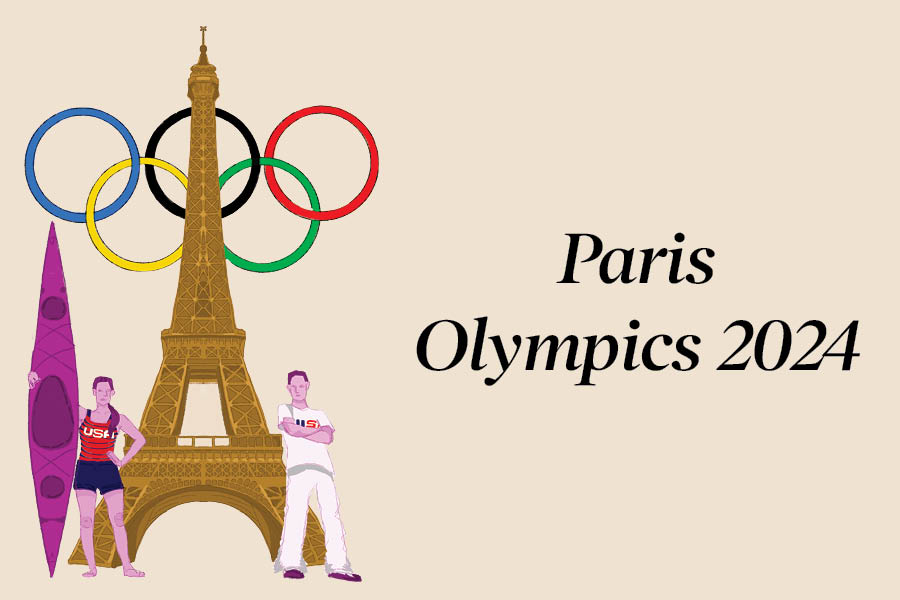Bold outfits and confident smiles say it all as two break dancers face each other. Cheers echo through the stage and into the audience as the opposing teams cheer each other on. Both dancers pace across the floor, waiting for the right cue. As soon as the music starts, one dancer gradually finds their rhythm with small shuffles and hops before fully starting their routine.
Breaking, commonly referred to as break-dancing, will make its debut in this summer’s Paris Olympics, with surfing, skateboarding and sport climbing returning after their first appearance in the 2020 Olympics.
Breaking judges usually compare dancers and give points based on who has the better vocabulary — the skills of each individual dancer — plus technique, execution, originality and musicality.
Since the first modern rendition of the Olympics in 1896, the games have been getting bigger and brighter. In 1924, Paris hosted the Olympics, and established the worldwide popularity of the games by increasing the size, scale and media coverage.
A century later, Paris is once again honoring the Olympics by hosting the 2024 Summer Olympics July 26 to Aug. 11.
According to the Olympics website, “Paris 2024 will break new ground by bringing the sporting competition into the heart of the city, and the same will be true for the Opening Ceremony, which will take place in the heart of Paris along the Seine River.”
Paris has decided to break Olympic traditions by starting the opening ceremony with a four-mile floating procession to celebrate participating athletes and nations on the Seine instead of in a stadium.
In addition, the 2024 Olympics will be the first to have equal gender representation in the Olympic and Paralympic games. Around 10,500 athletes from 206 different countries, according to the Olympics website, will compete in 329 events.
“I think it’s exciting to see the exciting stories that can come out of specific sports,” senior Eli Strahilevitz said.
For the past couple years, Eli has been doing competitive sport climbing outside of school. Sport is an intense style of climbing in which pre-secured bolts are used on relatively short routes.
As a climber, he appreciates that the Olympics has recognized sport climbing and bouldering — a type of climbing without any support on short, yet tricky artificially-made courses — as distinct sports.
“Last year, I think they combined bouldering, sport climbing and speed climbing all together,” Eli said. “Most people dedicate their time to either speed or bouldering and sport climbing, and so that was not ideal. And this year they’re separating it, so it’s bouldering and sport, and then speed is a separate thing.”
The rules for sport climbing, also called lead climbing, are a bit complex: athletes climb a single route in each round and score points for successfully holding the top 40 or so holds, an attached grip to the structure being climbed.
Despite not being a major fan of the Olympics, sophomore Ishie Holz appreciates the creativity that the Paris Games will incorporate, including surfing and skateboarding. Ishie began to learn both sports four years ago and has continued doing them for fun.
“It’s cool that the Olympics is expanding what sports are a part of it,” Ishie said.
For surfing, the scoring is simple: a panel of five judges analyze the commitment or degree of difficulty, variety of innovative maneuvers, combination of major maneuvers, as well as their speed, power and flow.
Skateboarders will be judged on the height and speed during their jumps along with the amount of provided surface area and obstacles that they cover. They are given three 45-second rounds, with only the best results counting toward their final score.
The break dancers take turns, going back and forth, each trying to outdo the other until the music fades away. This summer in Paris, the City of Light, Olympic history will be made.






















































